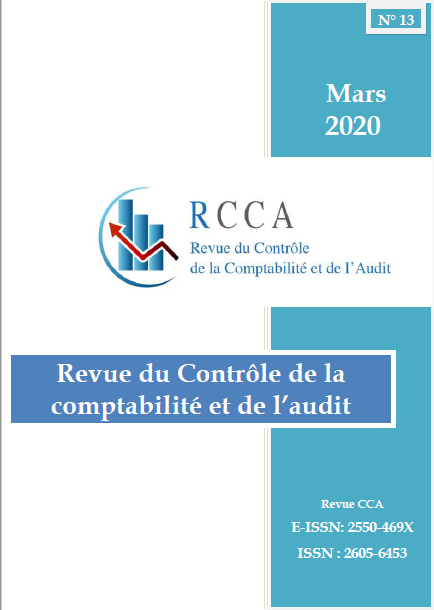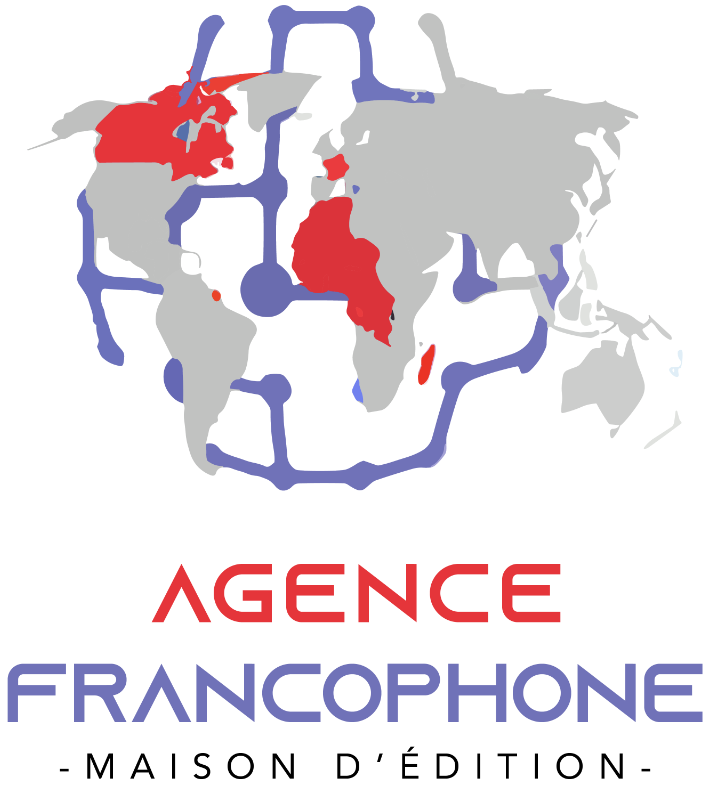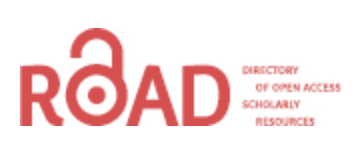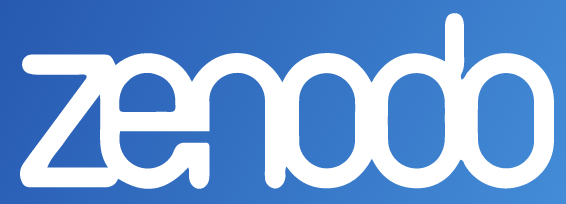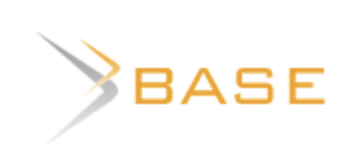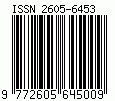Évaluation de la politique monétaire marocaine
Keywords:
effectiveness of monetary policy, interbank market, rational expectations, reaction function, Taylor ruleAbstract
In order to improve said policy; the Moroccan authorities have embarked on an economic reform project since 1987. This project aims to facilitate the transition from a debt economy to a market economy. Monetary policy in Morocco has not escaped from these reforms aimed at financial liberalization. Said liberalization has resulted in Morocco in an overhaul of the operational framework of monetary policy, both in terms of objectives and in terms of instruments. The reforms of the 1990s aimed at the establishment of a monetary policy based on monetarism, which replaced the discretionary monetary policy of Keynesian inspiration. The authorities then sought to reconcile between two apparently contradictory objectives. The first is to adopt a policy of targeting monetary aggregates which gives the rate the role of an instrument. The second confers on the central bank the role of a bank of last resort which favors financial stability. The purpose of this article is to demonstrate that in Morocco, as in developing countries in general, monetary policy cannot be resigned to the quest for price stability in terms of objectives. In terms of instruments, it cannot be limited to regulating liquidity (injection or withdrawal of liquidity) passively.

